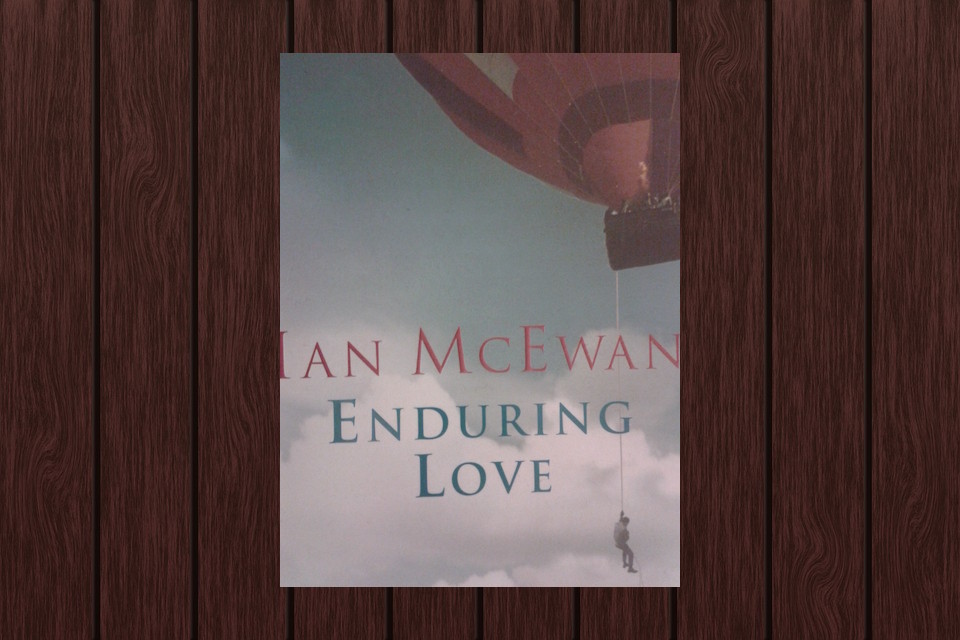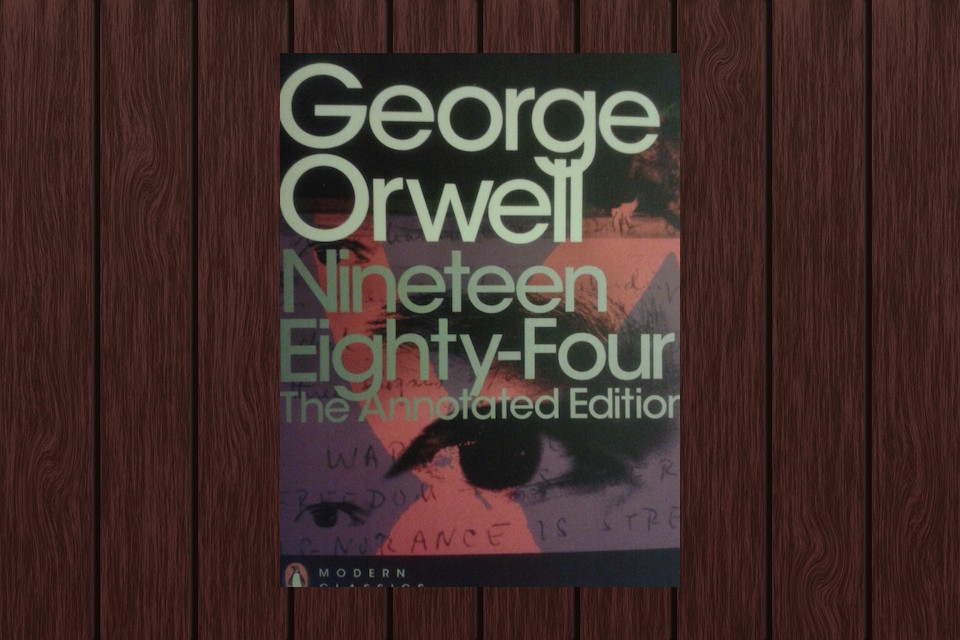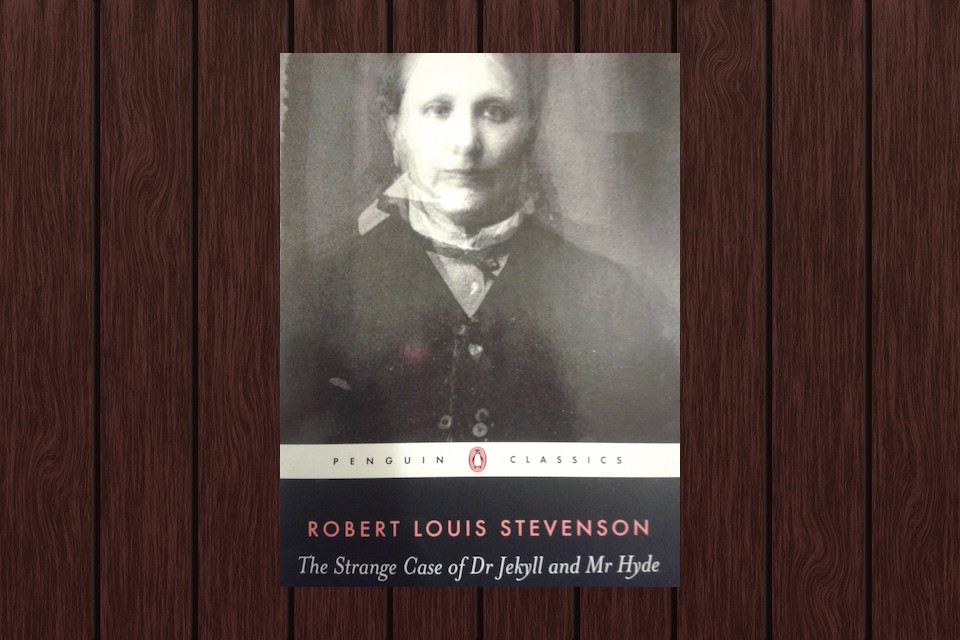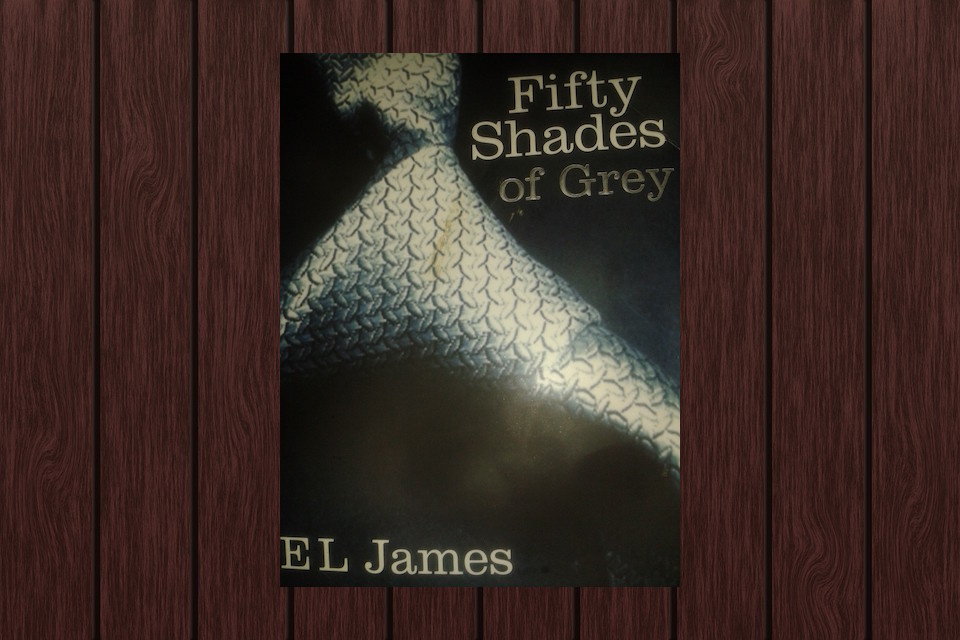
At a short literary conference, in which I speak tentatively about McEwan’s Saturday, an ex-tutor rather probingly, provocatively cross-examines: ‘But isn’t he just an old fart?’ To which I reply: ‘I, personally, just don’t see that reflected in his writing’.
Because McEwan is the master of writing on relationships: this is his forte. It is, it could be argued, precisely what we read a McEwan novel for. Atonement, On Chesil Beach, Saturday, The Innocent: lying at the heart of these novels are complex human relationships, insights into the human heart and mind, but none more so – perhaps – than in Enduring Love.
A complex, harrowing tale about the gradual wearing away of a relationship in the first instance, a dark tale of mental illness, and a strange cycle of insanity, Enduring Love both informs and leaves you asking questions – both invites you in and repels you at the same time. It is a novel of paradox for many reasons, a novel which possibly asks more questions than it answers, whilst drawing us into a strange, three-way relationship, and cyclical waves of sympathy and madness.
It begins with the sharing of wine, the intimate relationship between our couple Joe and Clarissa. It starts with the Romantic poet Keats, the fact that he is Clarissa’s other love, a strange prophetic foreshadowing of what is to come. And yet it starts with the balloon, the tussle and struggle to bring the sinking balloon under control, and save the person trapped inside. The balloon’s descent is, one might argue, a metaphor for Joe and Clarissa’s relationship: it is constantly sinking, lower, lower, and at the same time we can see that there is a glimmer of hope for it yet. McEwan does interesting things with time in this opening: it is extended, painfully, tortuously, but it is doing the job of a slowmo in film, and it is doing the additional job of foregrounding Joe and Clarissa. That they are in a steady, committed and loving relationship is obvious; that there may be an interruption to the ‘childless marriage of love’ is equally clear to see.
The novel hinges on the opening: the chance meeting of strangers in a unique and peculiar accident. But it is at the end of the strange, peculiar ordeal that the relationship between Joe and Clarissa begins to be tested.
‘What we could do,’ he said with a seriousness which warned against mockery, ‘is to pray together? ‘ Before I could object, which for the moment was impossible because I was speechless, Parry added, ‘I know it’s difficult. But you’ll find it helps. At times like this, you know, it really does help.’
…
I decided he ought to know the truth. ‘Because, my friend, no one’s listening. There’s no one up there.’
Parry’s head was cocked, and the most joyous of smiles was spreading slowly across his face. I wondered if he had heard me right, because he looked as though I had just told him I was John the Baptist.
As the relationship between Joe and Clarissa is put to the test, it is Jed Parry – religious, and religiously obsessed – who we begin to both feel sorry for and repelled by. There is an eerie, stalkerish persistence prevailing through the novel, and a combination of McEwan’s insightful narration, his interspersal of Joe and Jed, the psychologically complex, first person letters addressed to Joe, and his juxtaposition of sanity and insanity that seamlessly portrays a gradual descent into mental turmoil (from both the persuer and the pursued).
An important paradigm, though, is the theme of mental illness. McEwan does well in his account of psychological disturbance. It is found in Jed’s letters. It is found in Jed’s speech. But it is found, paradoxically, in the very characters that we believe to be sane – and this makes for a fascinating novel of turbulence, turmoil and suspense.



